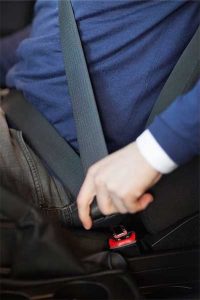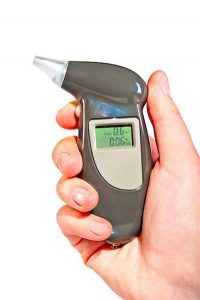Cuisinart Food Processors Involved in One of the Largest Appliance Recalls in History
 Conair Corp. last month recalled about eight million Cuisinart brand food processors just as home cooks were putting the machines to work chopping, grating and mixing food in preparation for the Christmas and Hanukkah holidays. The recall, which involves the stainless steel riveted blades in Cuisinart food processors sold nationwide between July 1996 and December 2015, came after the company received more than 65 complaints from consumers who found pieces of broken blades in food that had been processed with these machines. About 30 of those complaints included reports of cuts to the mouth and tooth injuries.
Conair Corp. last month recalled about eight million Cuisinart brand food processors just as home cooks were putting the machines to work chopping, grating and mixing food in preparation for the Christmas and Hanukkah holidays. The recall, which involves the stainless steel riveted blades in Cuisinart food processors sold nationwide between July 1996 and December 2015, came after the company received more than 65 complaints from consumers who found pieces of broken blades in food that had been processed with these machines. About 30 of those complaints included reports of cuts to the mouth and tooth injuries.
The sheer number of machines affected makes this one of the three largest appliance recalls ever in America. Consumers were urged to stop using their food processors and contact Cuisinart for a replacement blade. However the timing of the recall, coupled with the fact that homemakers could have had the food processors in their kitchens for more than 20 years, caused some consumers to decide to keep a careful eye on their holiday food preparation rather than participate in the recall. If you own a Cuisinart food processor and want to see if it is affected by this recall, read “8M Cuisinart Food Processors Recalled Over Laceration Hazard.”
 New Jersey Injury Lawyers Blog
New Jersey Injury Lawyers Blog











